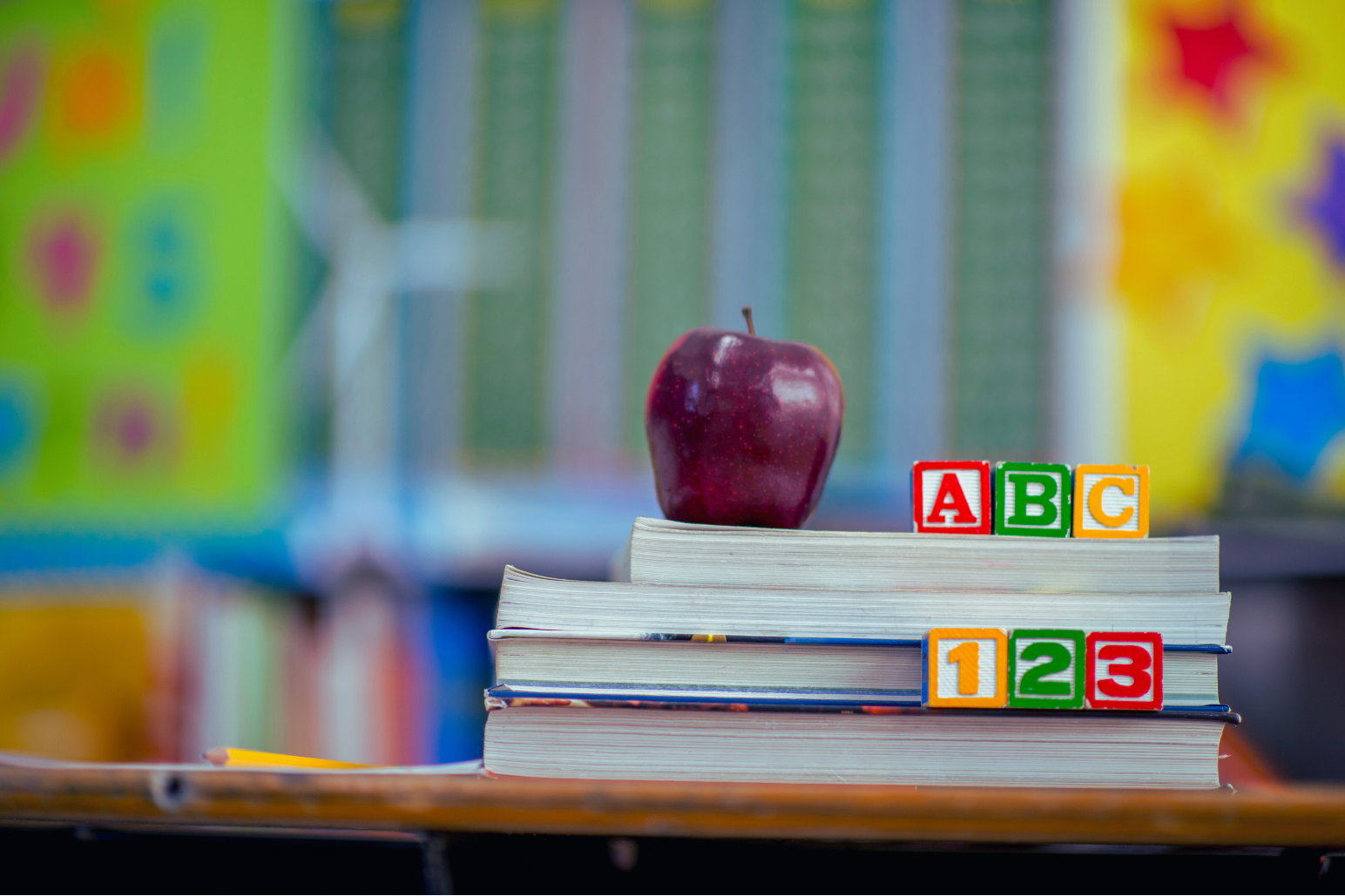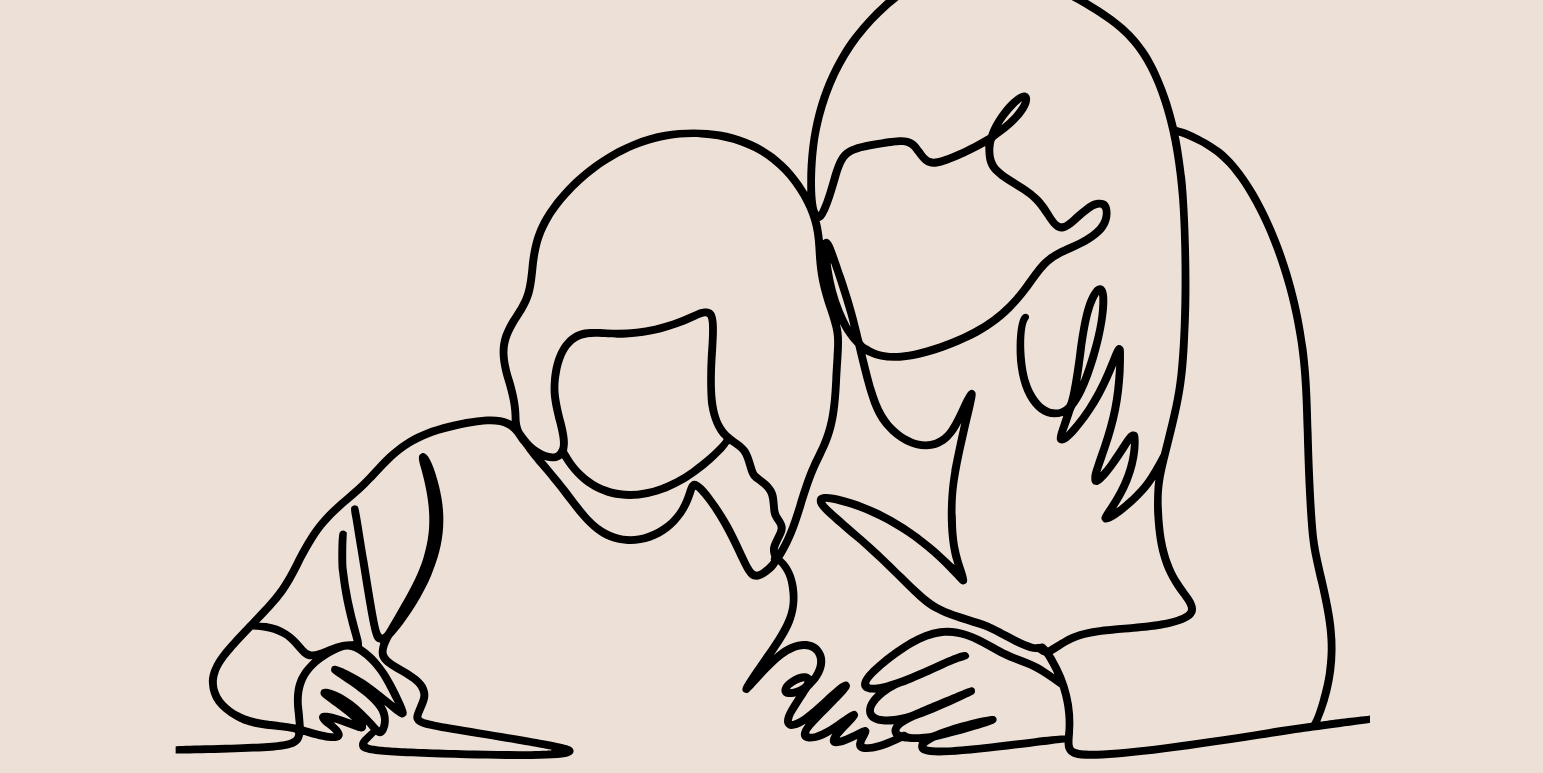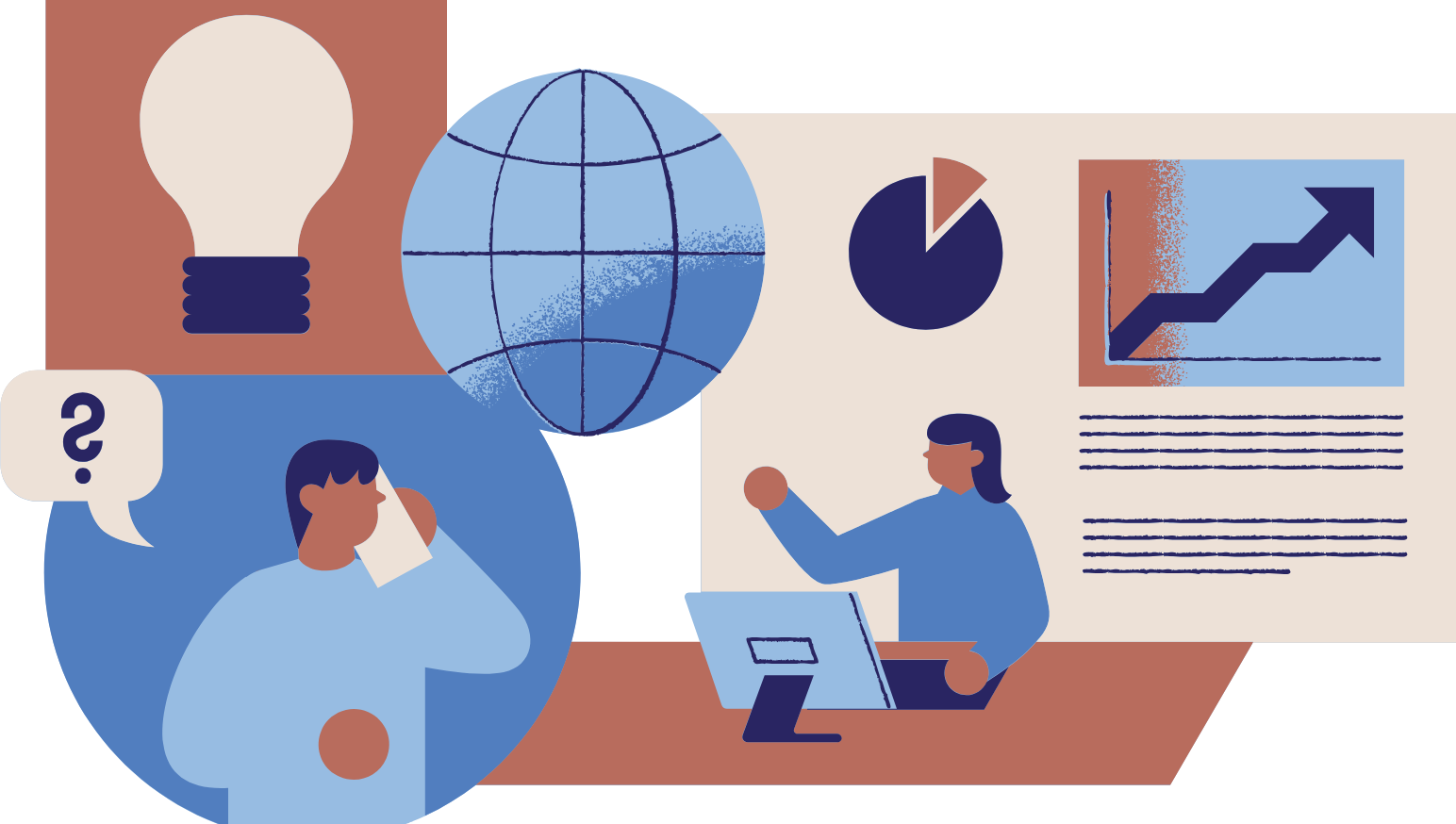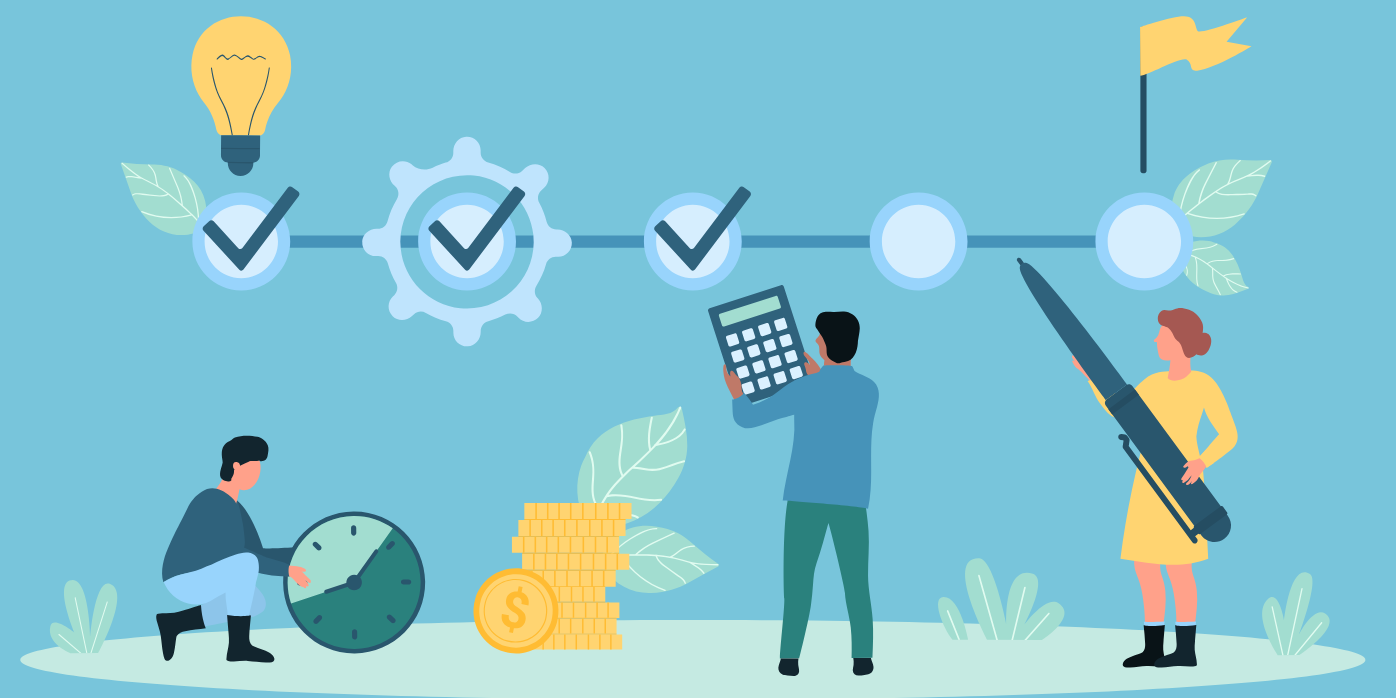
How can RPPs partner with and truly center youth? Youth from YouthCARES (Youth Civic Action for Resilient Environmental Solutions) share five pieces of advice based on their experiences.
- Youth Voice

How could RPPs navigate the complex systems and relationships inherent to partnership work? RPP team members brought together by a study conducted under the New York City Early Childhood Research Network propose situational mapping analysis as one way to examine the multiple and interacting influences that can affect within- and cross-team collaboration.
- Situational Mapping

One powerful way to illustrate the impact of RPPs is to simply hear –and share– their stories: What have they worked on in a given timeframe? How has the work impacted students, teachers, and communities? Here, we “visit” six RPPs from across the country (as well as internationally) for a look at what they have been up to in 2025 – and what difference their work has made.
- RPP impact
- RPP Research

How can new teachers best be supported through professional learning? The Oakland Unified School District and University of California, Berkeley Research-Practice Partnership (RPP) shares research that explores new teachers’ experiences with professional learning in the district to better tailor early career learning that is valuable to these teachers.
- RPP Research
- Teachers

How can RPPs integrate youth-participatory action research, and why should they? This article explores how and why RPPs can elevate the role of youth to that of co-researchers to improve and transform education, how they are uniquely positioned to do so, and what this can look like in practice.
- Youth Voice
- YPAR

The NNERPP community has been deeply exploring brokering practices and how to support RPP brokers for several years. Here, we share more context of this work and highlight four new brokering cases that add to our understanding of several aspects of brokering in RPPs.
- Brokers

How can teachers help students from historically marginalized backgrounds feel valued and supported? The Northwestern-Evanston Education Research Alliance highlights insights from research that was conducted over the course of three years on strengthening teacher-student relationships using humanizing pedagogies.
- Humanizing Pedagogies
- RPP Research
- Student Supports
- Teacher-Student Relationships

What happens when students and teachers are treated as partners and change agents? The Adapted Measure of Math Engagement project shares how to sustain student and teacher partnership engagement over time, what participants gained, and how they hope their contributions lead to meaningful change in their school district.
- Student Voice
- Teachers
- Youth Voice

How can RPPs navigate the complexities of partnership work? The Institute for School Partnership examines Appreciative Inquiry as a valuable approach, sharing how the partnership has used Appreciative Inquiry to support improvement science projects, strengthen professional learning activities, and evaluate the health of the RPP.
- Appreciative Inquiry
- RPP Evaluation
- RPP Management
- RPP Tools

The NYC Partnership for Math Equity explores what it means to establish and launch an RPP that includes an education technology partner –a research-practice-platform partnership or RPPP–, sharing lessons learned through framing provided by the Milestones Guide for emerging RPPs.
- Getting Started
- Milestones
- Research-Practice-Platform Partnership
- RPP Tools

What can quick RPP health checks look like and how can they be easily integrated into a partnership’s regular activities? An RPP evaluator describes how two RPPs are using mini-routine prompts in their regular meetings and shares three tips for using these quick health check routines in your context, even if you only have five minutes per meeting to spare.
- RPP Evaluation
- RPP Health

St. Louis has disproportionately high rates of student mobility. Local practitioners wanted to better understand which students were moving, where, and why, in order to design more effective initiatives to meet student and educator needs. The St. Louis School Research Practice Collaborative shares its partnership research on student mobility, including how it led to deeper investigations into how data is collected and coded.
- Data Interpretation
- RPP Research
- Student Mobility
Are you interested in writing for NNERPP | Extra? We invite you to share your proposed article!
Explore all full editions of NNERPP Extra as PDFs in our editions archive!

